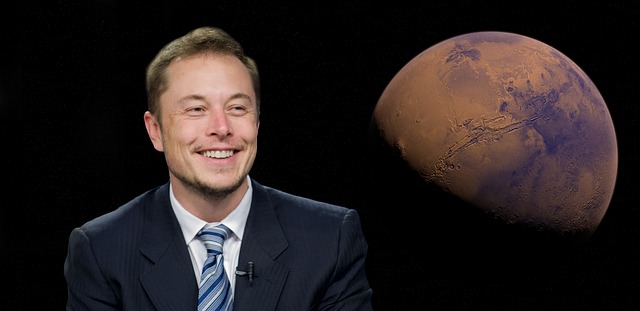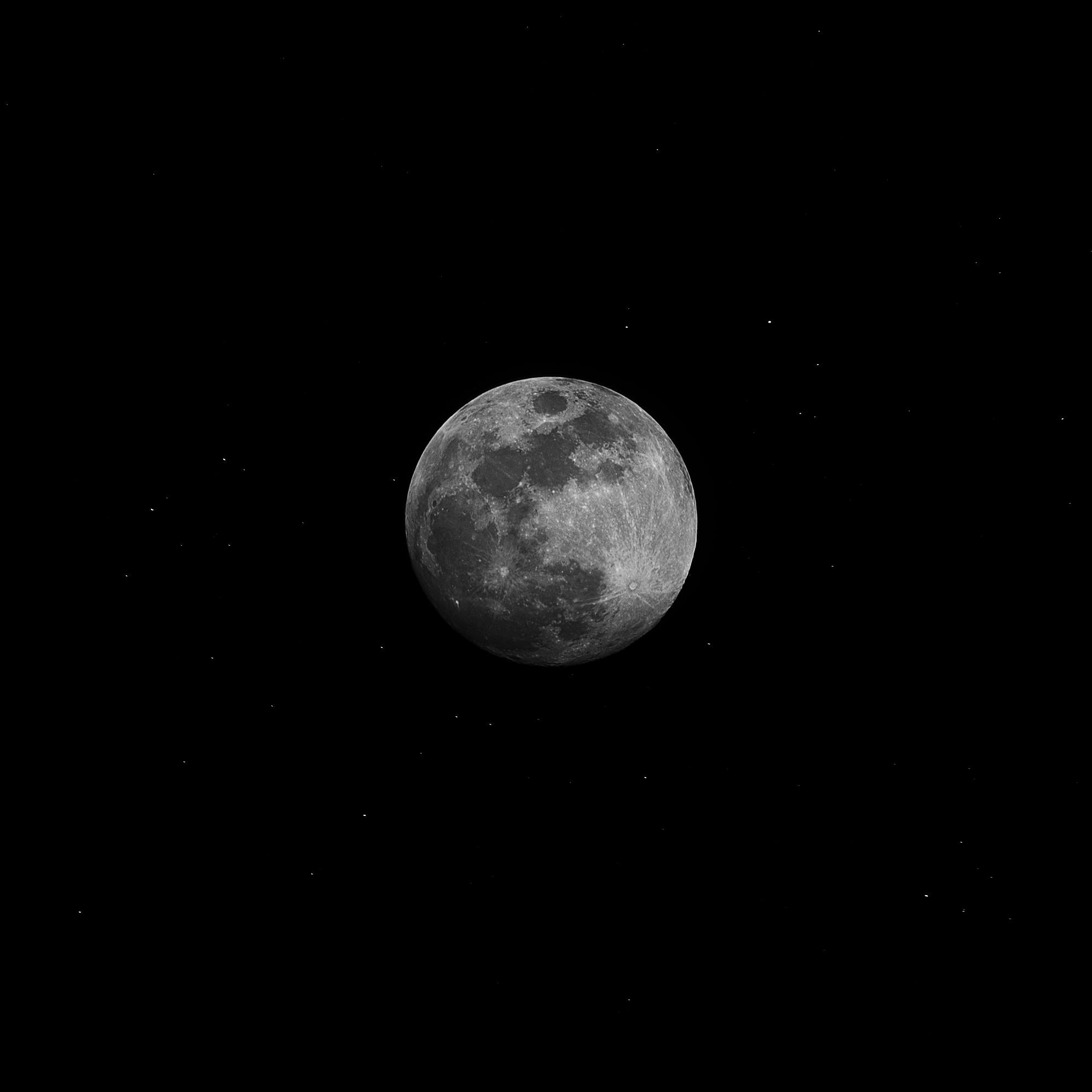
Russian President Vladimir Putin has spent years building allies in the West, utilizing espionage agencies to interfere in elections and dispatching diplomats to foster ties with Kremlin-friendly politicians. On Thursday, the global community witnessed a fresh and verbose episode in these endeavors: Putin’s two-hour interview, recorded in a gilded chamber of the Kremlin, with one of the United States’ foremost and contentious conservative commentators.
During his conversation with Tucker Carlson, a former Fox News anchor, Putin urged the United States to broker a deal to relinquish Ukrainian territory to Russia as a means to end the conflict. He aimed to directly appeal to American conservatives at a time when Republican lawmakers are delaying economic aid to Ukraine, citing the need to address domestic issues such as immigration, a key platform of potential Republican presidential candidate and former US President Donald Trump.
In response to Carlson’s inquiry about the prospect of American soldiers fighting in Ukraine, Putin retorted, “Don’t you have more pressing matters to attend to? There are border issues, migration problems, and national debt concerns.” He continued, “Wouldn’t it be wiser to negotiate with Russia?”
Much of the interview served as a historical primer on Russia’s historical claims to Eastern European territories dating back to the ninth century. Putin expounded on topics ranging from artificial intelligence to Genghis Khan and the Roman Empire. Furthermore, he elucidated Russia’s rationale for intervening in Ukraine, asserting that Moscow’s objective was to “halt this war” allegedly being waged against it by the West.
Unlike his usual approach, Putin was forthright about envisioning the conclusion of Russia’s invasion of Ukraine not through military triumph, but via negotiation with the West. Concluding the interview, Putin signaled readiness to engage in dialogue about ending the war, indicating that Western powers had acknowledged Russia’s resilience on the battlefield. “We are prepared for this dialogue,” Putin affirmed.
Throughout the interview, Putin endeavored to suggest that Moscow and Washington could engage in negotiations. He assured Carlson that Russia harbored no interest in attacking NATO member states on its eastern flank, stating, “We have no designs on Poland, Latvia, or any other nation.”
Carlson pressed Putin regarding the release of Gershkovich, a Wall Street Journal journalist detained by Russia on espionage charges. Putin hinted that discussions regarding the journalist’s fate were ongoing, insinuating that the Kremlin awaited a favorable proposal from the United States for his release as part of a prisoner exchange.
Notably absent from Carlson’s inquiries were questions about Russia’s attacks on Ukrainian cities, allegations of war crimes against Putin, or Russia’s broader political repression tactics. Putin’s appearance underscored his confidence in capitalizing on Ukraine’s vulnerable position and his optimism regarding a potential return of Donald Trump to the US presidency. Putin appeared at his “most opportune moment,” according to Tatiana Stanovaya, a senior researcher at the Carnegie Russia Eurasia Center, signaling his desire to secure a peace deal with Ukraine under terms favorable to Russia. However, Putin indicated that achieving this objective would require US pressure on Ukraine to engage in negotiations to end the conflict. “You should instruct the current Ukrainian leadership to halt and come to the negotiating table,” Putin remarked, suggesting that continued mobilization in Ukraine and internal turmoil would inevitably lead to an agreement.



